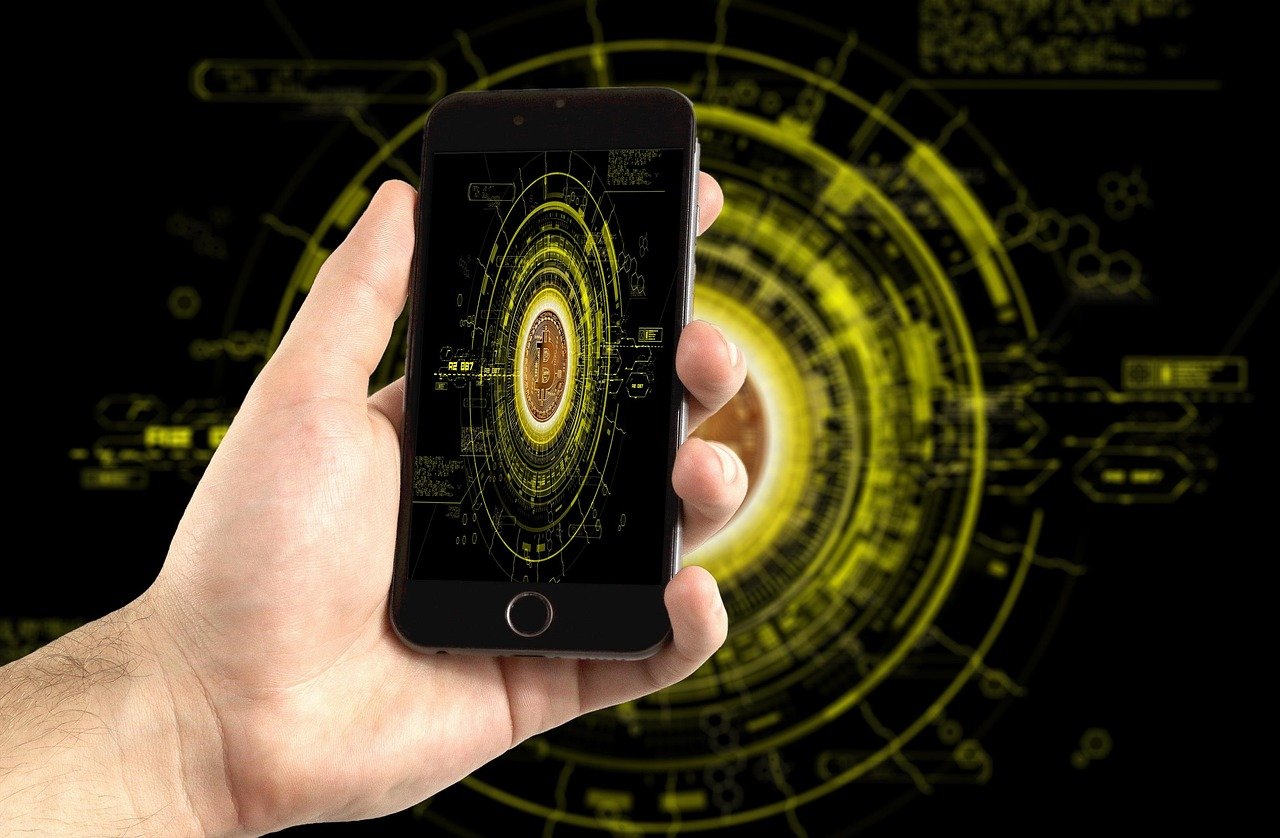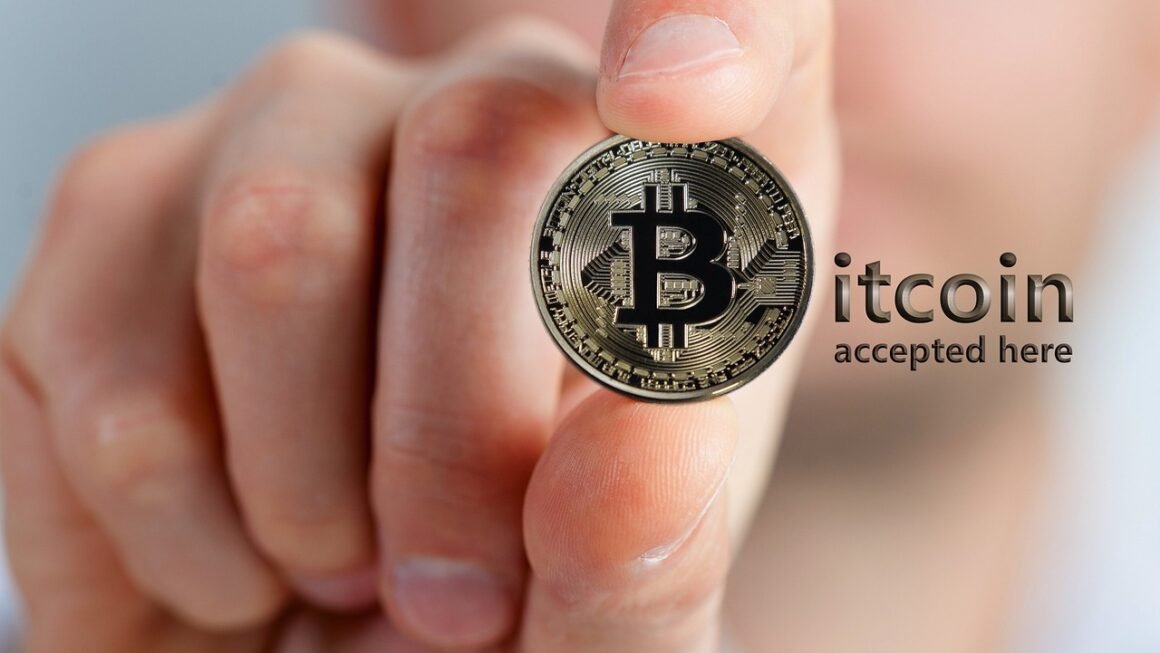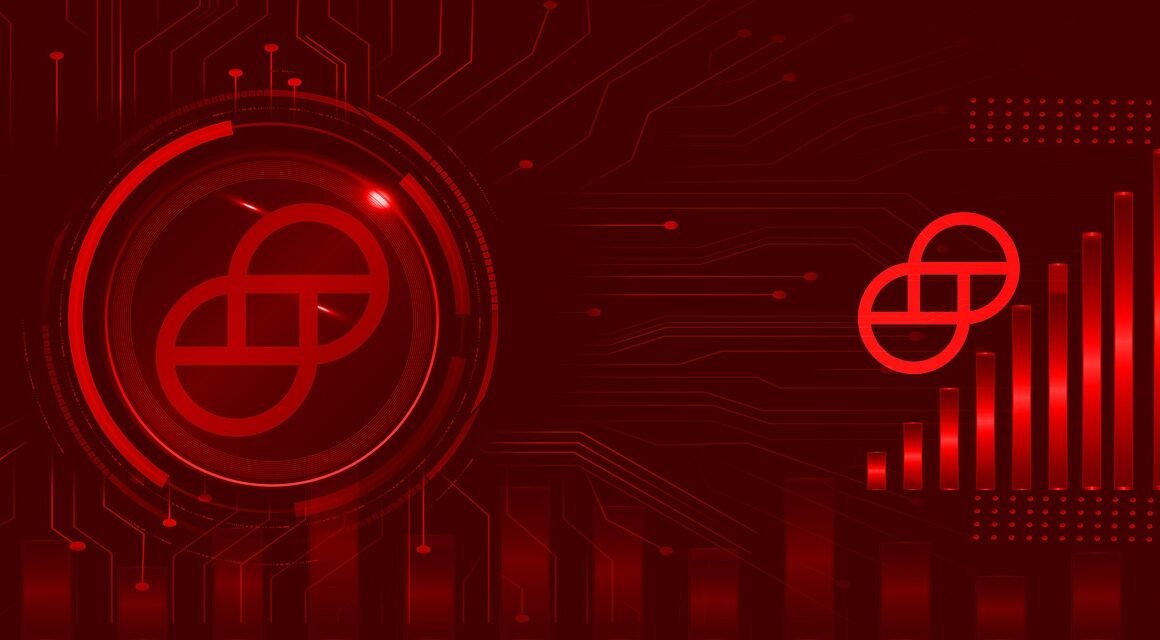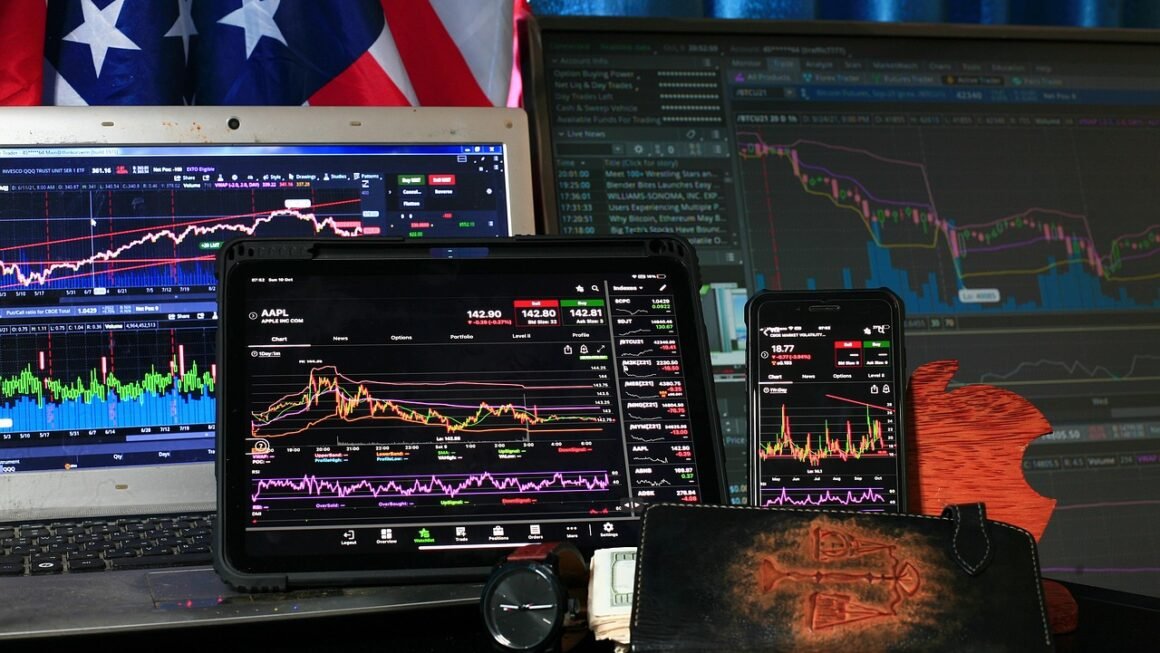DAOs, or Decentralized Autonomous Organizations, are revolutionizing how organizations operate, shifting from traditional hierarchical structures to community-led, transparent systems. Imagine an organization where rules are encoded in smart contracts on a blockchain, and every member has a voice in decision-making. This is the power of DAOs, and their potential impact spans across various industries, from finance and governance to art and social impact.
What is a DAO?
The Fundamentals of Decentralized Autonomous Organizations
At its core, a DAO is an internet-native organization governed by a set of rules encoded in smart contracts on a blockchain. These rules dictate how the organization operates, how funds are allocated, and how decisions are made. The key characteristic of a DAO is its decentralization, meaning no single entity controls the organization. Instead, members hold governance tokens that grant them voting rights on proposals.
- Decentralization: Control is distributed among token holders rather than a central authority.
- Transparency: All transactions and governance decisions are recorded on the blockchain and publicly auditable.
- Autonomy: Smart contracts automatically execute decisions based on pre-defined rules, reducing the need for intermediaries.
How DAOs Work: A Step-by-Step Overview
Understanding the mechanics of a DAO involves several key components:
- Smart Contracts: The foundation of a DAO. These self-executing contracts define the rules of the organization, including voting mechanisms, fund management, and membership criteria.
- Token Governance: Members acquire governance tokens, often through purchase or contribution, granting them voting rights.
- Proposals and Voting: Members can submit proposals for changes or initiatives, and token holders vote on these proposals.
- Execution: If a proposal meets the required threshold (e.g., a majority vote), the smart contracts automatically execute the decision.
- Treasury Management: DAOs typically hold a treasury of cryptocurrency or other assets, managed transparently by smart contracts based on member votes.
Practical Example: Decentralized Finance (DeFi) DAOs
A prime example of a DAO in action is in the DeFi space. Many DeFi protocols, such as MakerDAO and Compound, are governed by DAOs. MakerDAO, for instance, uses its MKR token to allow holders to vote on proposals that adjust stability fees and other parameters crucial for the stability of the DAI stablecoin. Compound allows COMP token holders to propose and vote on changes to the protocol’s interest rate models, listing of new assets, and more. This empowers users to actively shape the future of the protocol, rather than relying on a centralized team.
Benefits of DAOs
Increased Transparency and Trust
One of the most significant advantages of DAOs is their inherent transparency. All transactions and governance decisions are recorded on the blockchain, providing an immutable and publicly accessible record. This transparency fosters trust among members and reduces the potential for corruption or mismanagement.
- Auditable Records: Every action is recorded on the blockchain, ensuring accountability.
- Open Governance: Proposals and voting processes are transparent and open to all members.
- Reduced Intermediaries: Smart contracts automate execution, minimizing reliance on trusted third parties.
Enhanced Efficiency and Automation
DAOs leverage smart contracts to automate many organizational processes, such as fund disbursement and decision execution. This automation streamlines operations, reduces administrative overhead, and ensures that decisions are implemented quickly and efficiently.
- Automated Execution: Smart contracts execute decisions automatically, eliminating delays.
- Reduced Bureaucracy: Streamlined processes minimize administrative overhead and red tape.
- Faster Decision-Making: Efficient voting mechanisms enable quick decision-making.
Community-Driven Governance
DAOs empower community members to actively participate in decision-making, fostering a sense of ownership and shared responsibility. This participatory governance model can lead to more innovative and effective solutions, as diverse perspectives are considered.
- Increased Participation: Members have the opportunity to contribute ideas and vote on proposals.
- Diverse Perspectives: Community input fosters innovation and creativity.
- Shared Ownership: Members feel a sense of ownership and responsibility for the organization’s success.
Global Collaboration
DAOs transcend geographical boundaries, enabling collaboration among individuals from around the world. This global reach allows DAOs to tap into a diverse talent pool and build communities that are representative of their global user base.
- Borderless Collaboration: DAOs facilitate collaboration among individuals from around the world.
- Access to Global Talent: DAOs can tap into a diverse pool of skills and expertise.
- Inclusive Communities: Global participation fosters more inclusive and representative communities.
Challenges and Limitations
Regulatory Uncertainty
The legal and regulatory landscape surrounding DAOs is still evolving, creating uncertainty for organizations operating in this space. Different jurisdictions have varying perspectives on the legal status of DAOs, which can pose challenges for compliance and enforcement.
- Lack of Legal Clarity: The legal status of DAOs is not yet clearly defined in many jurisdictions.
- Compliance Challenges: Navigating regulatory requirements can be complex and time-consuming.
- Liability Concerns: The liability of DAO members and developers is uncertain.
Security Risks
DAOs are vulnerable to security risks, such as smart contract exploits and governance attacks. A bug in a smart contract can lead to the loss of funds, while malicious actors can manipulate voting processes to gain control of the organization. Careful auditing and security best practices are essential to mitigate these risks. For instance, the DAO hack in 2016 resulted in the loss of millions of dollars due to a vulnerability in the smart contract.
- Smart Contract Vulnerabilities: Flaws in smart contracts can be exploited by hackers.
- Governance Attacks: Malicious actors can manipulate voting processes to gain control.
- Custodial Risks: Securing the DAO’s treasury is crucial to prevent theft or loss.
Governance Challenges
Effective governance in DAOs can be challenging, particularly as organizations scale. Ensuring broad participation, preventing voter apathy, and managing conflicts of interest are all critical considerations.
- Low Participation Rates: Encouraging active participation from all members can be difficult.
- Voter Apathy: Members may become disengaged if they feel their votes don’t matter.
- Conflicts of Interest: Managing conflicts of interest among members is crucial for fair governance.
Scalability Issues
DAOs can face scalability challenges as their membership and transaction volume grow. The blockchain infrastructure underlying the DAO may struggle to handle the increased load, leading to slower transaction times and higher fees. Layer-2 scaling solutions and other technological advancements are being explored to address these challenges.
- Transaction Throughput: Blockchain networks can struggle to handle high transaction volumes.
- Gas Fees: High gas fees can make it expensive to participate in DAO activities.
- Network Congestion: Increased activity can lead to network congestion and slower performance.
Examples of Successful DAOs
MakerDAO
MakerDAO, as mentioned previously, is a decentralized autonomous organization that manages the issuance of DAI, a stablecoin pegged to the US dollar. MKR token holders vote on proposals that adjust stability fees, collateral types, and other parameters to maintain the stability of DAI.
Compound
Compound is a DeFi lending protocol governed by the COMP token. COMP holders can propose and vote on changes to the protocol, such as adding new assets or adjusting interest rate models. This ensures that the protocol evolves in a decentralized and community-driven manner.
Uniswap
Uniswap is a decentralized exchange (DEX) governed by the UNI token. UNI holders can vote on proposals to allocate funds from the treasury, adjust protocol fees, and make other important decisions. This empowers the community to shape the future of the DEX.
ConstitutionDAO
ConstitutionDAO is a more recent example of a DAO that, although ultimately unsuccessful in its primary goal, demonstrated the power of collective fundraising and community organization. The DAO aimed to purchase a rare copy of the US Constitution at auction, raising over $40 million in a short period. While they did not win the auction, the project highlighted the potential of DAOs for mobilizing resources and coordinating efforts.
Future of DAOs
The Evolution of Governance Models
The future of DAOs will likely see the emergence of more sophisticated governance models. This includes mechanisms for delegation, liquid democracy, and quadratic voting, which aim to improve participation, prevent manipulation, and ensure fairer outcomes.
- Delegation: Allows members to delegate their voting power to trusted representatives.
- Liquid Democracy: Enables members to switch between voting directly and delegating their votes.
- Quadratic Voting: Makes it more costly for individuals to exert disproportionate influence.
Integration with Traditional Organizations
DAOs may increasingly integrate with traditional organizations, creating hybrid models that combine the benefits of both. This could involve using DAOs for specific aspects of governance or decision-making, while retaining traditional corporate structures for other functions. For example, a traditional company might use a DAO to manage its community engagement and feedback processes.
Expansion into New Industries
While DAOs are currently most prevalent in the DeFi space, their applications are expanding into other industries, such as art, media, and social impact. DAOs can be used to fund creative projects, manage digital content, and coordinate philanthropic efforts.
- Art DAOs: Collectively purchase and manage digital art.
- Media DAOs: Create and distribute content in a decentralized manner.
- Social Impact DAOs: Fund and coordinate charitable initiatives.
Conclusion
DAOs represent a paradigm shift in organizational structures, offering increased transparency, efficiency, and community-driven governance. While challenges remain, the potential benefits of DAOs are significant, and their adoption is likely to continue to grow across various industries. As the legal and regulatory landscape evolves and technological advancements address scalability and security concerns, DAOs are poised to play an increasingly important role in shaping the future of organizations and communities. By understanding the fundamentals, benefits, and challenges of DAOs, individuals and organizations can explore the opportunities and contribute to the ongoing evolution of this innovative technology.



